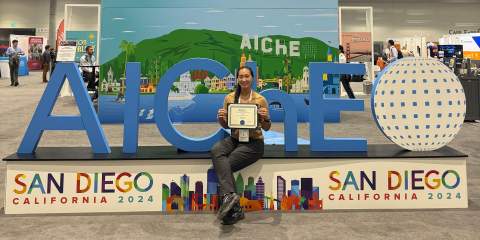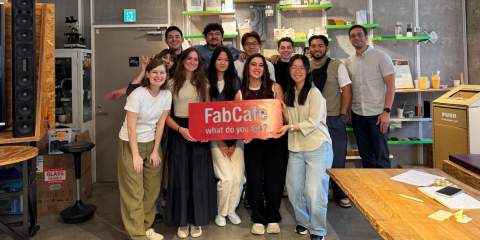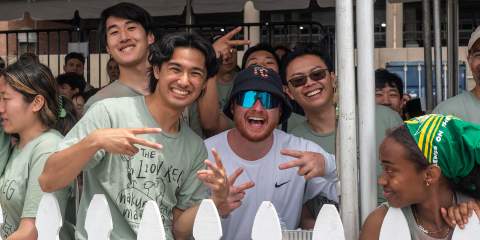I first learned about the Big Questions classes when I was looking at the Rice University website. I was browsing around when a bold, red, “BIG QUESTIONS—intriguing answers” banner caught my attention. The article explained that these were a lineup of courses that were open to all students, regardless of their area of study. As I looked deeper into Big Questions, I saw that these courses dealt with questions that were often thought-provoking and contentious.
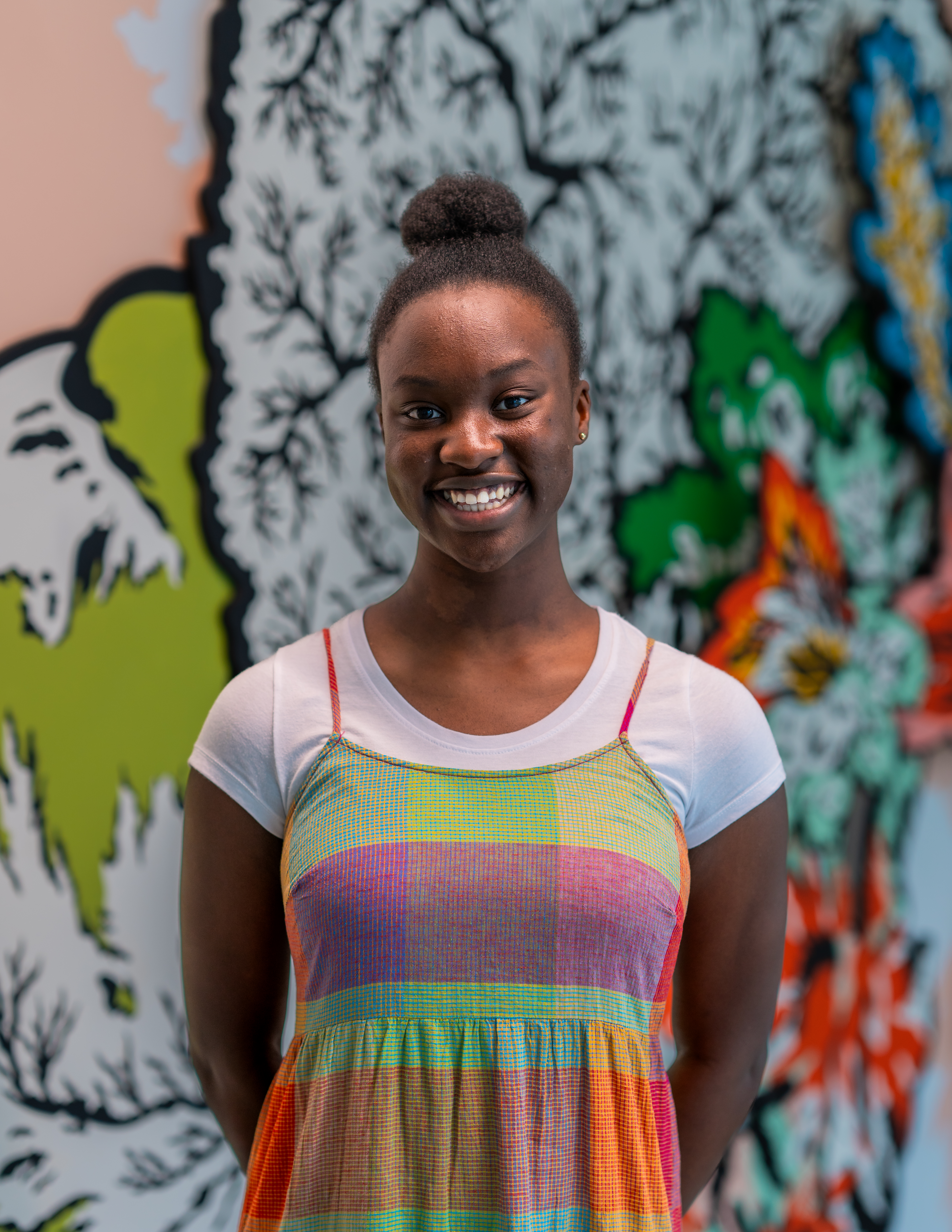
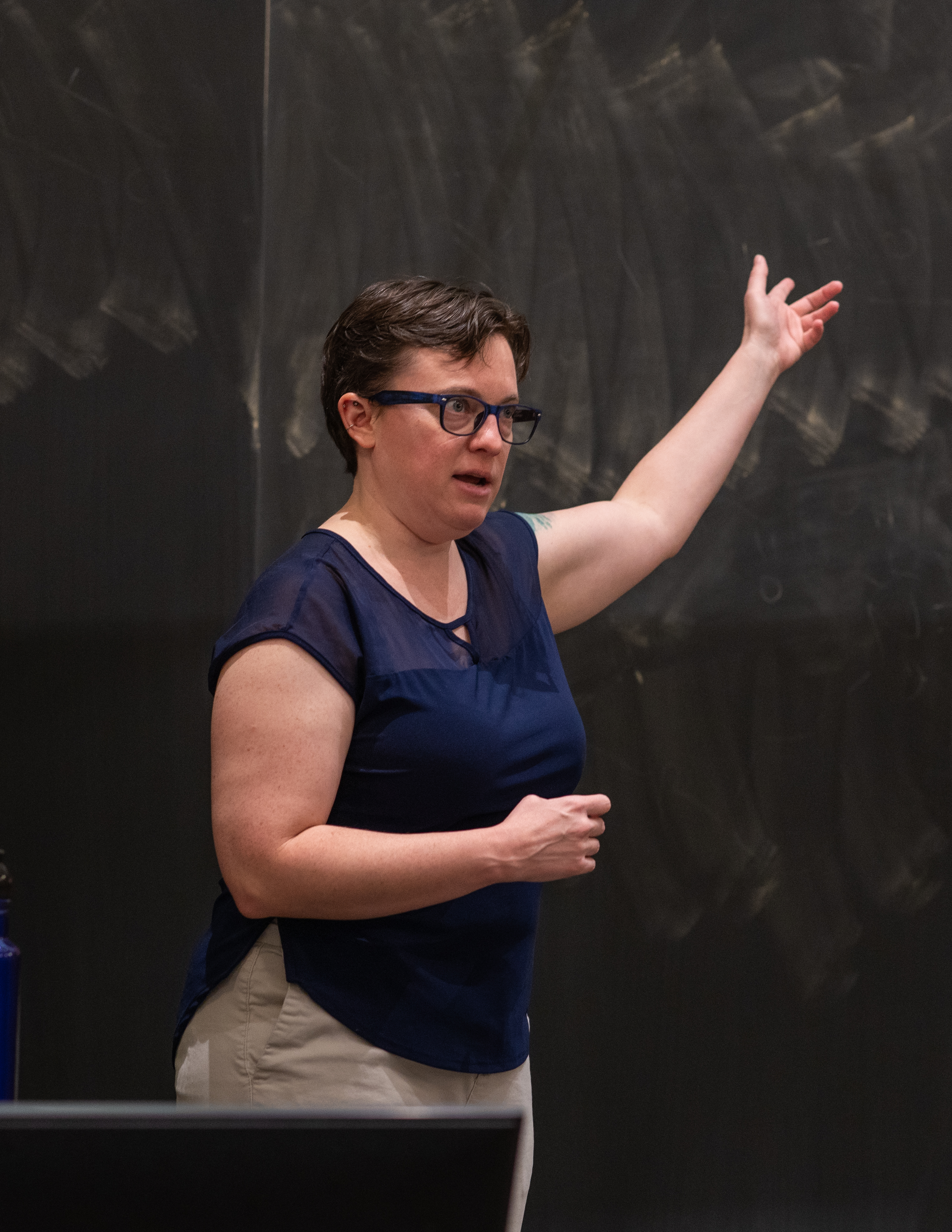
Once I was admitted to Rice, I was both shocked and thrilled to find that What is an (Ab)Normal Body? was going to be taught during my first semester. This course is about the human body in relation to normalcy, and how it affects the way we view, and have viewed our bodies and disability. Professor Petrick, a history professor who specializes in computer technologies and accessibility, teaches the course. Her perspective as a historian enabled the clean fusion between superhero comics and films and disability discourse.
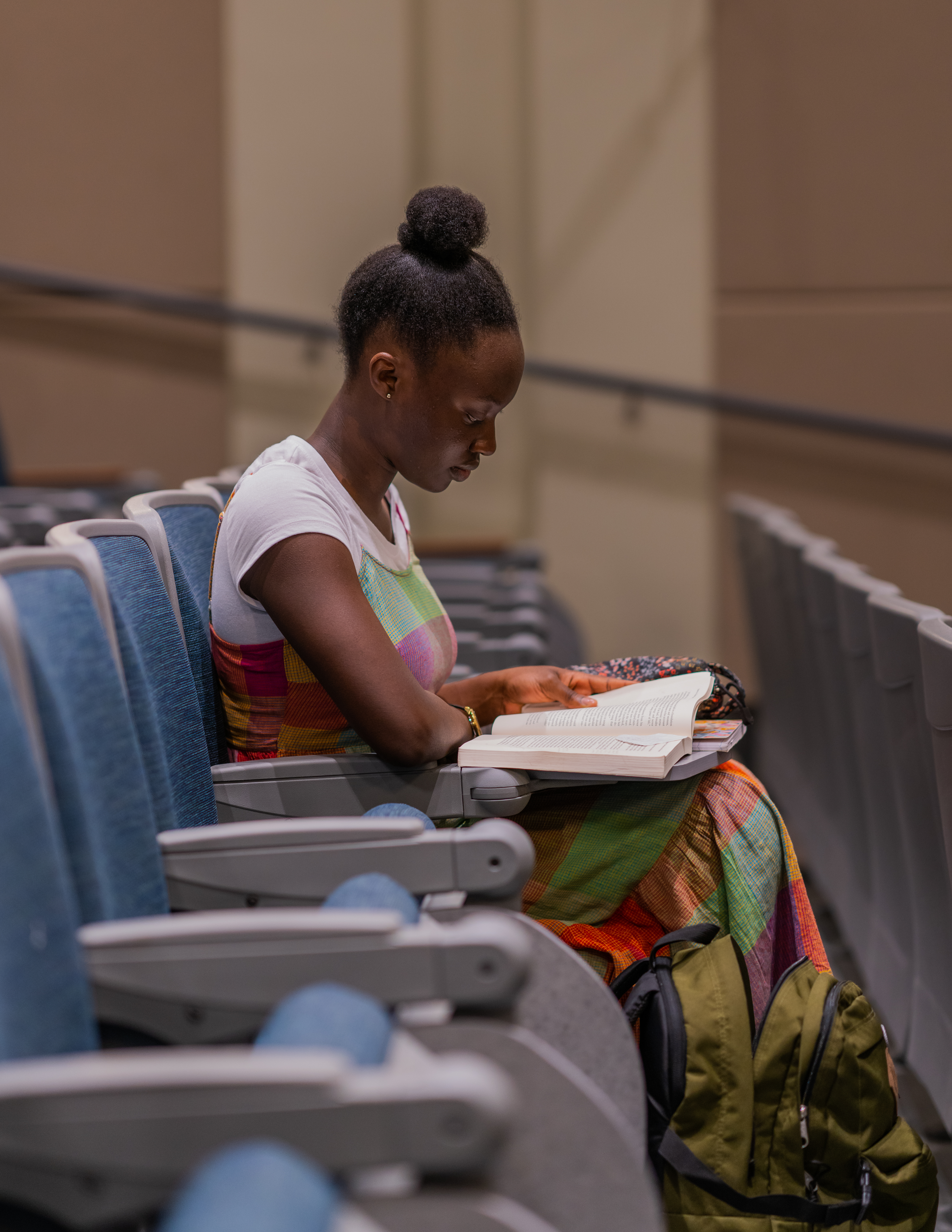
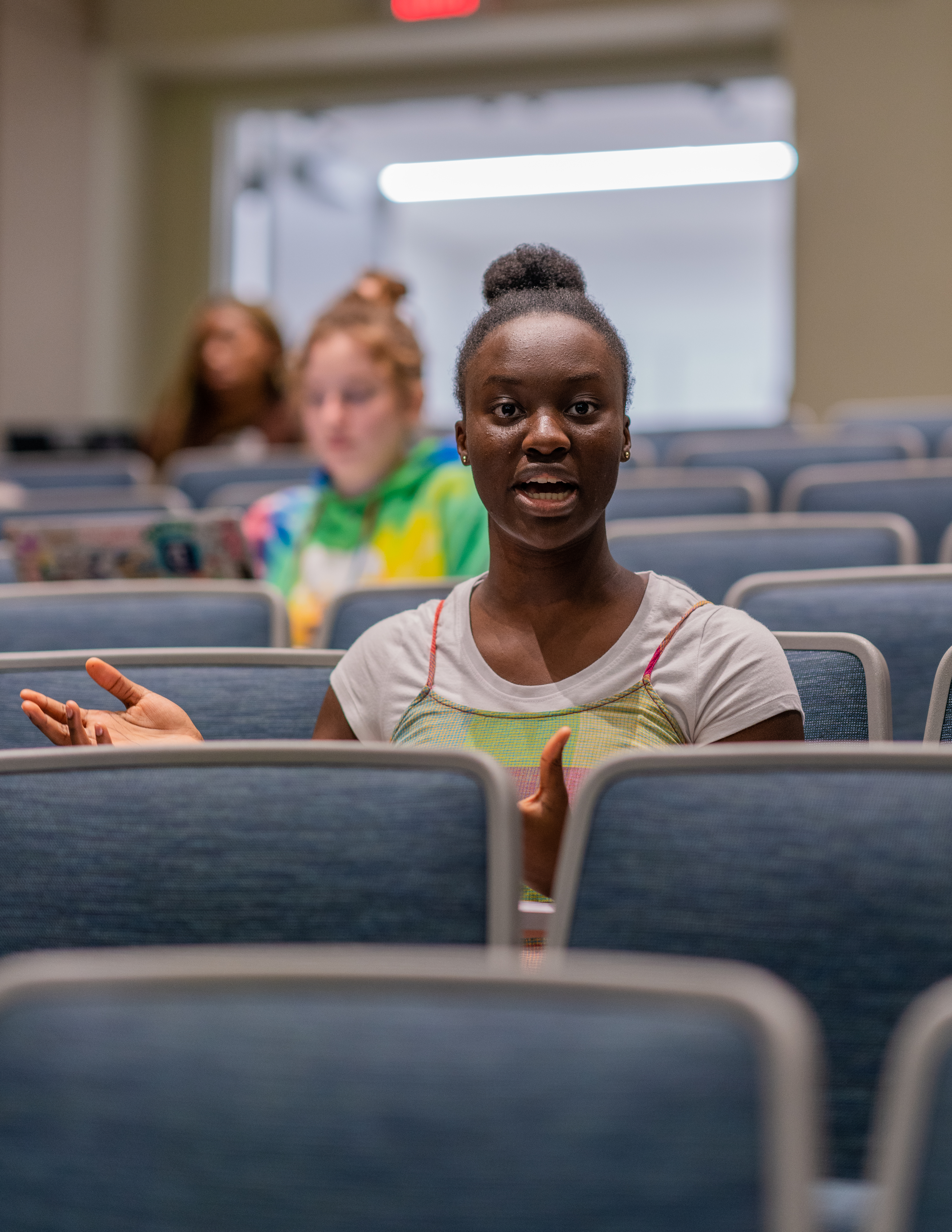
I love superheroes. Especially Superman, The Silver Surfer, and Captain Marvel. I often find myself contemplating the meaning of these characters’ powers and their function in the real world. I knew that the bright suits and larger-than-life conflicts must have a greater function than pure entertainment. The superhero body works as a medium for how we think about our bodies through historical, medical, and social lenses.
For example, a typical class begins with an introduction and analysis of a superhero, for example, Captain America. We then look at the connection between humans and the superheroes we create; what fears and hopes we project onto the body. In the case of Captain America, we had a deep dive into post-WWII sentiments about veterans, and how the wounded veteran, whether he was paraplegic or suffering from what we now call PTSD, was treated upon his return to the United States. We have also covered topics such as eugenics, neurodivergence, and cyborg theory.
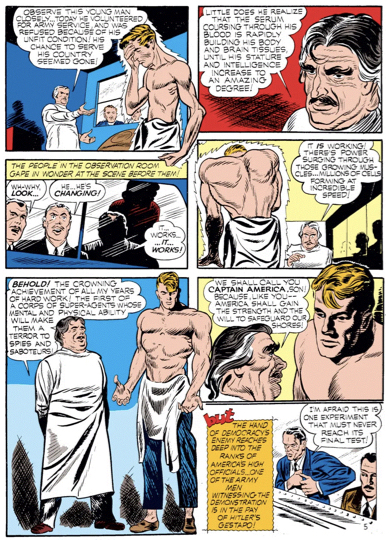
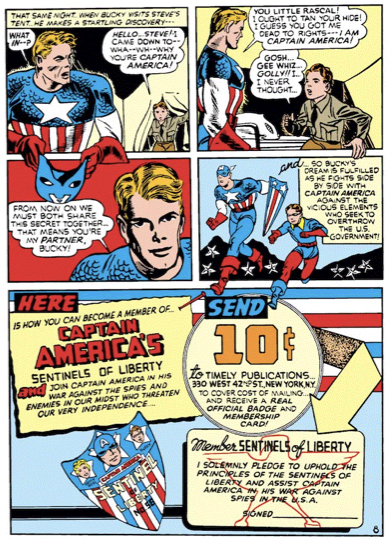
While I sought out documentaries that voiced perspectives of people with different abilities, (both physically and neurologically) I didn’t feel as if I had the language to speak about disability properly. Professor Petrick often gives our class deep discussion questions, where we then discuss ideologies of the past and present when it comes to bodily differences.
The in-class dialogues have been my favorite part of the class, since I get to listen to my peers' responses. This has helped me build a language around the concept of the human self, especially in terms of medicine. A big takeaway that I have gotten is that a person/patient is not a walking disease or abnormality. They are a culmination of their thoughts, beliefs, experiences, and emotions. We are doing each other a disservice when one’s perception of another relies heavily on only their visible and quantifiable aspects.
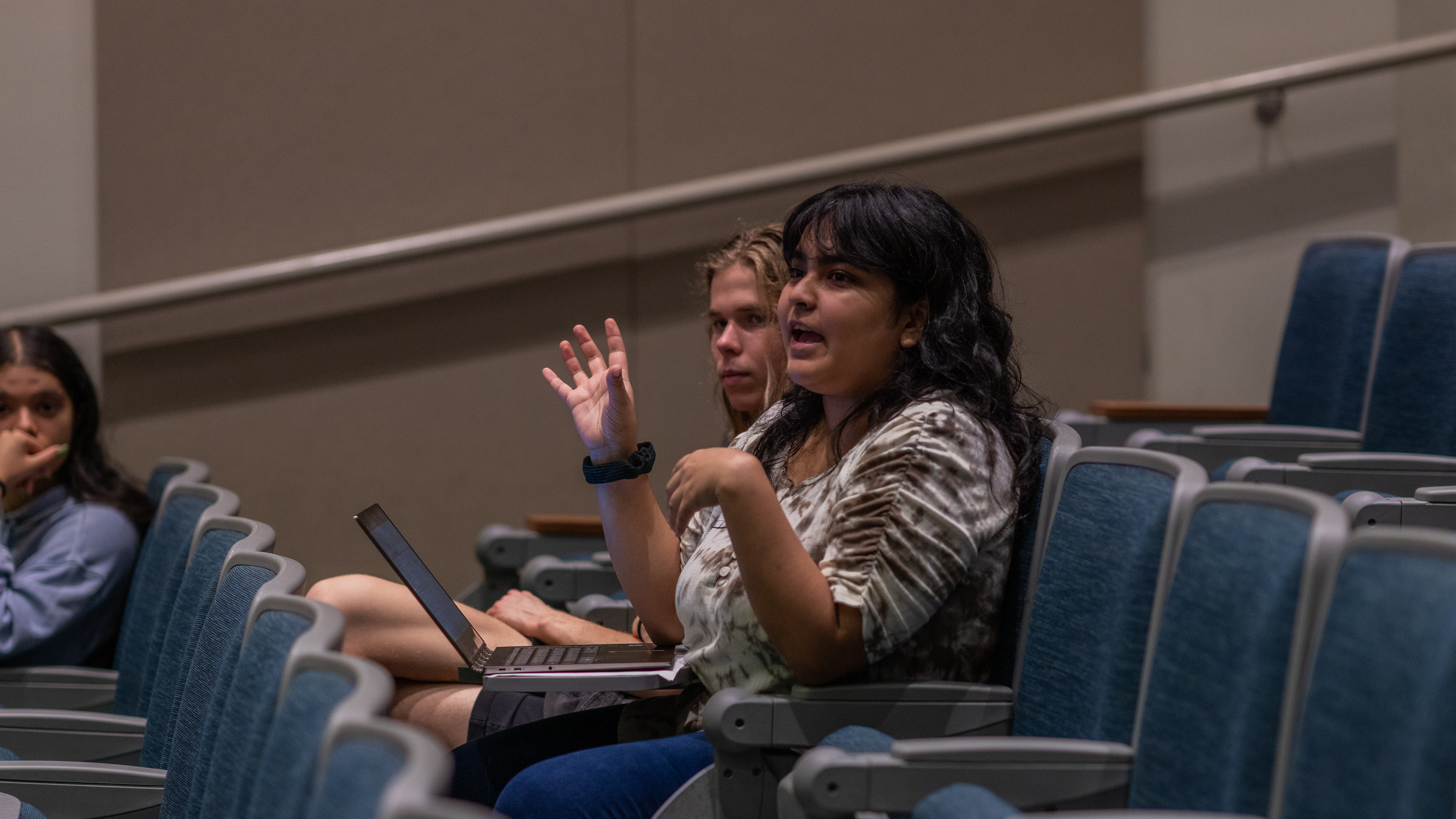
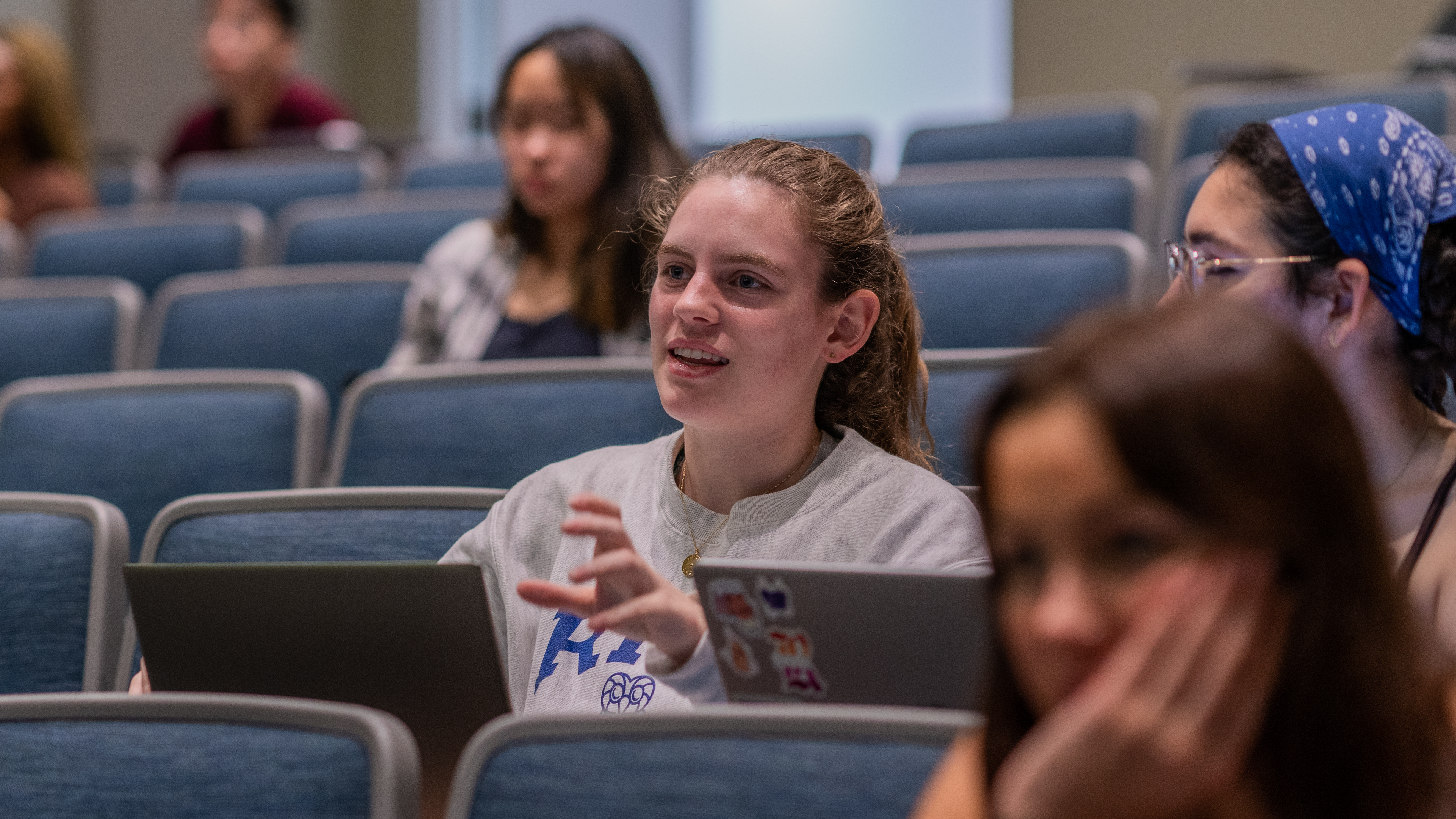
I came to Rice as a Pre-Med student who loved the Humanities, but I am still apprehensive to pursue these two tracks. This class encouraged me to trust my intuition when it came to wanting to pursue Women, Gender, and Sexuality studies, shorthanded as SWGS at Rice. I have wanted to be an OB-GYN since middle school, and I am confident that SWGS, Pre-Med, and my Spanish Language certificate with Rice’s Center for Languages and Intercultural Communication will lead me to my goal of becoming a physician one day.
I am grateful for the gift of this class, it has been a place of pure enjoyment. From the readings that allowed me to see, and to feel the world through different perspectives to the class discussions, I hope that every Rice student has the opportunity to take a Big Questions course.
- Joselyn L., Hanszen '26
Explore more!
Take a look at the different course offerings within the Big Questions series to see what other students are taking this semester.
Keep Exploring
For Aoife, Wiess ‘27, being an engineering major at Rice means endless opportunities. Explore how her involvement in the American Institute of Chemical Engineers chapter at Rice has shaped her journey!
Caroline, Will Rice ’28, proves that studying abroad as an engineering student is possible! Learn how Rice’s iSEED program made her Tokyo experience a reality.
The college application journey can often feel like navigating a complex maze. As a Master of Accounting student at the Jones Graduate School of Business who completed the application process for both her undergraduate and graduate degrees, Yamila understands the stress and pressure that come with planning for your future. Below, she shares her best advice for practicing self-care and finding balance along the way.
Helpful Links
713-348-7423
admission@rice.edu
M-F 8:30 a.m. to 5 p.m. CT
